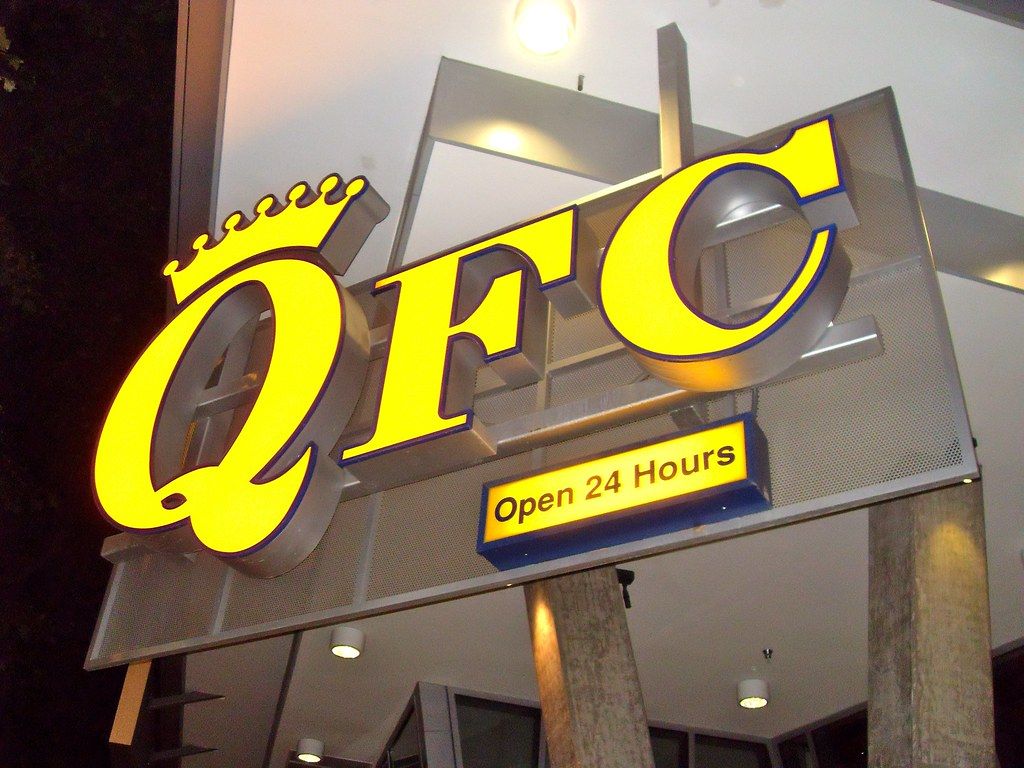
Kroger announced it will close two of its QFC stores in Seattle. (Bob B. Brown/Flickr)
Kroger announced last month that it will close two Seattle stores, both Quality Food Centers, in response to the city's new hazard pay mandate for grocery workers. The legislation, which passed unanimously, requires large grocery chains to pay an additional $4 per hour for at least the next four months.
Kroger also decided just weeks earlier to close two stores in Long Beach, CA – a Ralph's and a Food 4 Less – for the same reason, although all four stores were described by the company as “underperforming.”
Major grocery chains have seen increased sales and record profits as a result of the pandemic. A recent report from the Brookings Institute found that Kroger's profits were up 90% for the first two quarters of 2020 compared to the same period in 2019.
According to the Washington Post, Kroger says it has spent an extra $1.5 billion for worker compensation and additional safety measures during the pandemic, although most of its stores have not paid any additional hazard pay since May.
Additionally, the grocery giant argues that it would not be able to afford the increased labor costs at these stores due to the small profit margins that most grocery stores operate on.
Marc Perrone, president of the United Food and Commercial Workers' union, called Kroger's decision to close the stores “cold-hearted.” He and others accuse the company of trying to intimidate other cities and elected officials that may be considering mandating hazard pay.
Teresa Mosqueda, the Seattle City Councilmember who sponsored the bill, said on Twitter that the closures were “beyond disappointing,” and “harmful to public health and retaliatory.”
Read More:
Kroger to close more stores instead of giving workers hazard pay-Washington Post
Why Is Kroger Closing Stores Instead of Paying Hazard Wages for Its Employees?-Vice News
Windfall profits and deadly risks: How the biggest retail companies are compensating essential workers during the COVID-19 pandemic-Brookings Institute













